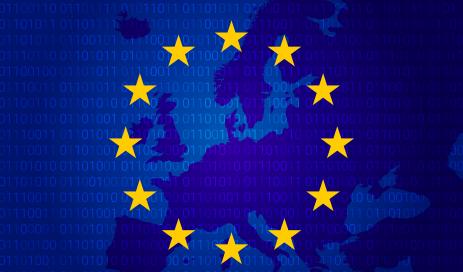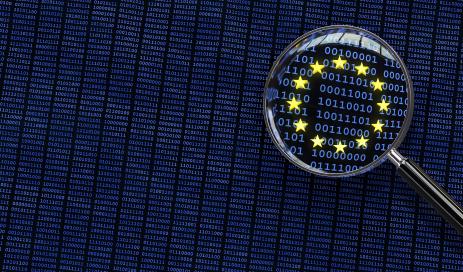The Digital Services Act (DSA) is a standardized set of regulations in the European Union. It applies throughout the EU and provides for the creation of liability and security regulations for digital platforms, services and products and is intended to complete the digital single market. However, the principles of the free Internet are to be respected.
The goal of the DSA is to protect the fundamental rights of all digital service users by creating a secure digital space. It also aims to prevent illegal content and promote competitiveness, innovation and growth in the internal market.
All digital intermediary services and platforms such as social networks, search engines, app stores and online marketplaces are required to take appropriate measures to protect users. The obligations of individual online companies vary depending on their size, role and impact in the online environment.
The larger an online company is, the higher the risk of illegal content being distributed via this platform and thus the resulting damage to society. Particularly large platforms are subject to special regulations, which apply to services that have an average of at least 45 million active monthly users.
Violations of the law can also be really expensive. Fines of up to 6% of the company’s previous year’s turnover are possible, as are interim measures such as blocking the service. In addition to the official measures, the affected users have legal recourse, which means that the company can also be confronted with claims for damages under civil law.







